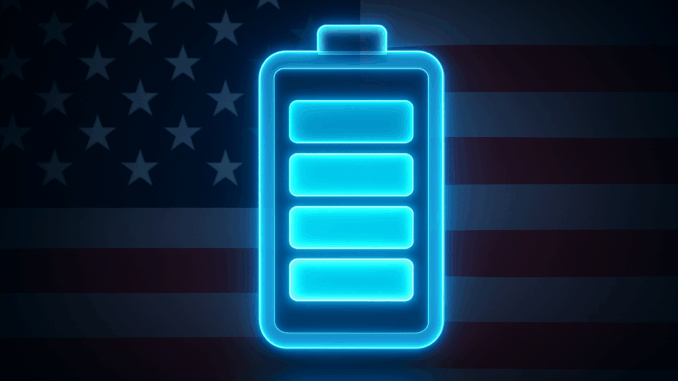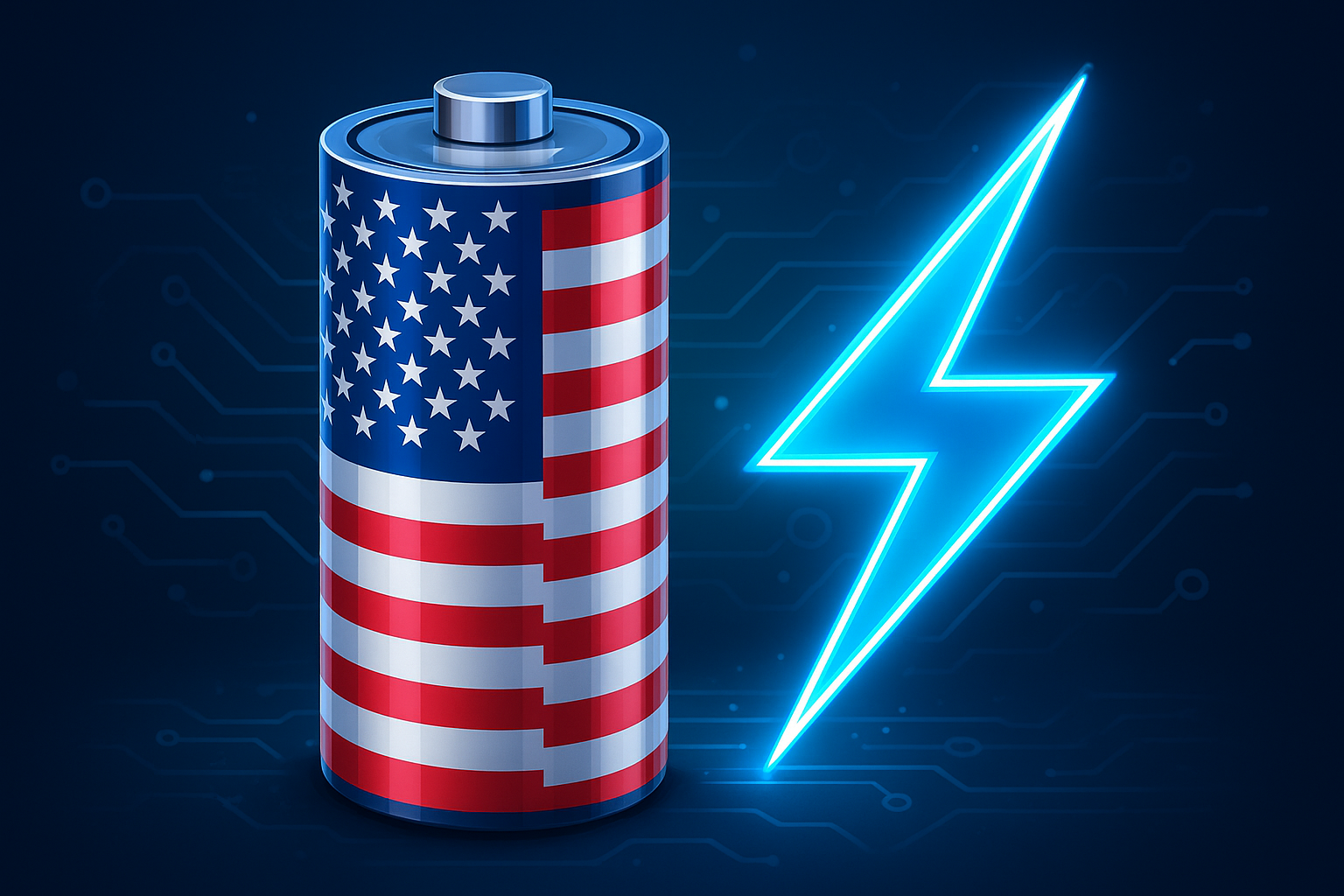
If the 2010s were all about smartphones and cloud computing, the 2020s belong to batteries. From electric vehicles (EVs) to energy storage and beyond, battery technology sits at the center of the clean energy transition. While lithium suppliers and EV giants grab the headlines, there’s a growing class of pure-play U.S.-listed battery and tech developers that investors are watching closely.
These companies aren’t just dabbling in batteries—they live and breathe them. Whether it’s solid-state breakthroughs, silicon-anode advances, or lithium-metal hybrids, these innovators could define the next generation of energy storage.
🔋 The Key Players
1. QuantumScape (QS)
- Focus: Solid-state lithium-metal batteries
- Why It Matters: Backed by Volkswagen, QuantumScape is working on solid-state tech that promises higher energy density and faster charging. Still pre-revenue, but its potential makes it one of the most watched battery startups on Wall Street.
- Risks: Long commercialization timeline and heavy R&D burn.
2. Solid Power (SLDP)
- Focus: Solid-state battery cells and electrolytes
- Why It Matters: Partnered with BMW and Ford, Solid Power is another solid-state contender aiming to replace flammable liquid electrolytes with solid materials.
- Edge: Dual focus on selling both cells and electrolyte material gives them flexibility.
3. Microvast (MVST)
- Focus: Lithium-ion battery solutions
- Why It Matters: Microvast develops batteries for commercial vehicles and energy storage, with production facilities in the U.S. and abroad. It’s further along in commercialization than QS or SLDP, though competition is fierce.
4. Electrovaya (ELVA)
- Focus: Lithium-ion battery systems for industrial, EV, and energy storage markets
- Why It Matters: Unlike pre-revenue peers, Electrovaya is already shipping commercial products. Its Infinity Battery Platform, built with ceramic separator tech, offers exceptional cycle life and safety. Customers include Fortune 500 companies in material handling (e.g., forklifts) and new expansion into energy storage.
- Edge: Commercial traction + proprietary safety/durability IP make it one of the more grounded U.S.-listed battery developers.
5. Enovix (ENVX)
- Focus: Silicon-anode lithium-ion batteries
- Why It Matters: Enovix is designing batteries with higher energy density and longer life, targeting consumer electronics and EVs. Silicon anodes could represent a huge leap forward in battery performance.
6. Amprius Technologies (AMPX)
- Focus: Silicon nanowire anode technology
- Why It Matters: Amprius’ batteries already deliver some of the highest energy densities in the industry. With military contracts and EV interest, it’s viewed as a real “moonshot” player.
7. SES AI (SES)
- Focus: Lithium-metal hybrid batteries
- Why It Matters: Spun out of MIT, SES is combining lithium-metal anodes with hybrid electrolytes. Backed by automakers like GM, Hyundai, and Honda, SES is positioning itself as a bridge between traditional lithium-ion and future solid-state.
🚀 Why Investors Should Watch This Space
- High Growth Market: The global battery market is projected to exceed $400 billion by 2030, driven by EVs, renewable storage, and electronics.
- Government Support: The U.S. Inflation Reduction Act incentivizes domestic battery production, giving these companies a potential boost.
- Innovation Race: Unlike legacy players, these pure developers are nimble, patent-heavy, and focused entirely on breakthrough technologies.
⚠️ Risks to Consider
- Commercialization Timelines: Many of these companies are pre-revenue or early-stage—meaning profitability could be years away. Electrovaya is a notable exception.
- Capital Intensive: Building factories and scaling new tech requires billions. Dilution and debt are constant risks.
- Competition: Giants like CATL, Panasonic, and Tesla have massive scale advantages.
Conclusion
For investors seeking pure exposure to the future of batteries, these U.S.-listed developers are some of the most direct plays available. They may be risky—volatile even—but if just one or two achieve commercial success, the payoff could be enormous.
Think of it as investing not just in companies, but in the future of energy itself.



Be the first to comment